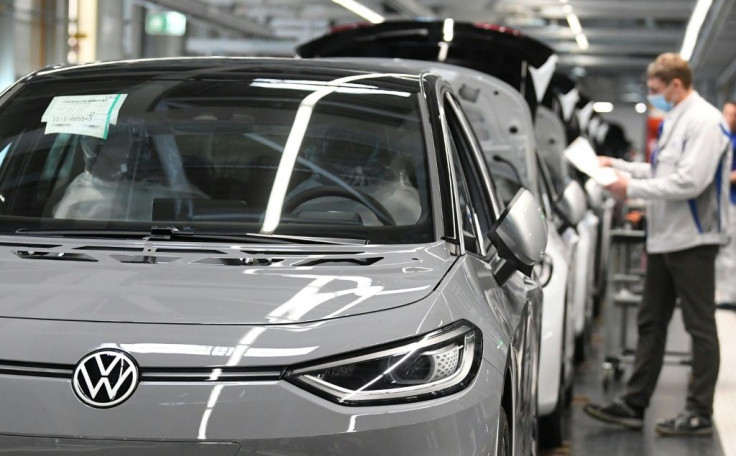VW Reins In Production Due To Ongoing Chip Shortage
German car giant Volkswagen will slash production at its main plant due to ongoing problems with the global supply of computer chips, a spokesman told AFP on Friday.
Following the summer holidays for workers in Germany, work on the assembly line at the company's facility in Wolfsburg will be "limited" and will have to "adapt to the supply situation", the spokesman said.
Next week, cars will only be produced during the early shift at the factory, while the rest of production will be halted.
Shortages of semiconductors are set to continue, according to the carmaker.
The renewed scarcity is in part the result of "outbreaks of Covid-19, particularly in Malaysia, which have led to factory closures for semiconductor producers", Volkswagen said.
However, the company said it hoped "as far as possible" to make up the setbacks in production over the course of the second half of the year.

Earlier this week, the Volkswagen-owned car brand Audi also said that it would be delaying the resumption of production on some of its lines in Germany due to the "volatile" supply situation.
Carmakers have been among those most acutely affected by the shortage of chips, key components in both electric and conventional vehicles.
On Thursday, Japanese company Toyota, the world's largest carmaker, announced that it would be reducing production in September by 40 percent.
The decision was made in part due to a "parts shortage resulting from the spread of Covid-19 in Southeast Asia", Toyota said.
Simultaneously, German chipmaker Infineon said it would be increasing the cost of chips in light of difficulties along the supply chain.
"We have seen final production costs increase massively ourselves," Infineon CEO Reinhard Ploss told German business magazine WirtschaftWoche on Friday.
"Naturally, we have to pass these costs on," Ploss said.
© Copyright AFP 2024. All rights reserved.





















